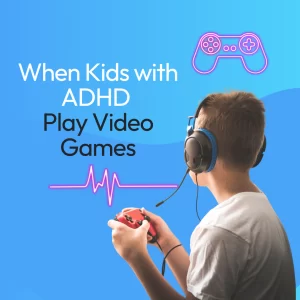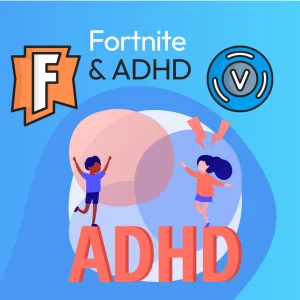“Metaphorically, acceptance means abandoning digging as a way out of a hole.”
People are used to following a whole bunch of rules while we live our lives: you stop at red lights, when there is a line, stand in it, and never propose at someone else’ wedding! But there is an even more basic rule about what has motivated us throughout our history: put simply, we should attempt to avoid ‘bad’ things, and seek out ‘good’ things. You can see how this kind of thinking served us well for a long time. We should avoid cold, and seek warmth; we should avoid danger, and seek safety; we should avoid people who want to harm us, and seek those who want to embrace us. One can see how this kind of thinking worked well for a long time; however, things got complicated when we started using language to describe not only the world around us, but the world inside of us.
We use words to label a wide range of feelings (e.g., anxiety, sadness, fear, happiness, joy, love), and we have simultaneously transcribed those emotions on our original axiom of avoiding bad and seeking good. So, it is natural for us to believe that anxiety, stress, and fear are bad and should be avoided, and that happiness, joy, and love are good, and should be sought after. While it is easy to arrive at that conclusion, we forget that anxiety, sadness, and fear are simply emotional responses to aversive events. Not the events themselves. This idea is at the center of experiential avoidance, and it stops us from being able to make the voluntary and values-based choice to remain in contact with personal experiences in a non-judgmental way. Let’s think about an example: applying for college. This is a huge undertaking that often takes months or even years of planning, taking the SAT/ACT, writing personal statements, asking teachers and mentors to write letters of recommendation, researching schools, the expense and time involved in applications, and the risk that you might do all that work, and not get into the college you hoped for. Even though the entire process is incredibly stressful and gives us the feeling that turning back would be the best thing, we persist. Even though we might get rejected, we persist. And the reason we persist, is because we know that the upside (going to college) will be worth it, even if we have to endure a bumpy road along the way. Well, the harm of experiential avoidance comes when we let the stress involved in the application process turn us around, running the other way, before we even get the chance to fail. Moving toward something that we really want often brings out negative thoughts and feelings (e.g., What if I fail; What if it doesn’t work out;What if we break up), and moving away from those thoughts brings relief, even though we may have been moving toward something that would bring us a lifetime of fulfillment. If we act as though our goal is to avoid stressful emotions, we start to construct our lives around avoiding things that we don’t want, instead of moving toward things that we do want.
Well, what do we do to fight against those negative feelings that come up while we work toward things that we think matter? We have to keep in mind that those feelings are simply a normal reaction to values-based action. Acceptance is a values-based choice, not failure or tolerance, not giving-up or giving in. The goal of acceptance is to acknowledge that we are demanded by life itself to feel, think, sense, and remember the things that come up in the process of living a meaningful life. It is to acknowledge the fact that while we pursue the things that are important to us, we can expect to encounter rough waters. We can expect to second guess ourselves, and to have people we care about second guessing us. But attempting to scour out the (alleged) sources of our anxiety so that we can control them will always leave us trying to dig our way out of a hole. Instead, we should opt to curiously explore the nature of our anxiety, our fears, and our stressors, so that we can change our response from running away from stress, to accepting that stress is a normal part of our lives, and does not have to inhibit our movement toward our values. There are several things that we can do to increase the likelihood that we choose acceptancev. avoidance: 1) always remember that regardless of what it may look like on social media, EVERYONE is going to experience bumps in the road, and we should be very careful when we think that it would just be easier to trade places with someone else; 2) remember that moving towards the things that we value can present with difficult times, but weathering the storm will be worth it; and 3) know that feelings of stress and fear, and anxiety, and depression can be very normal things that we all experience![1]
[1]If your feelings of anxiety or depression are lasting longer than a couple of days, and reaching several weeks or months, that could indicate a clinical diagnosis that ought to be referred to medical professionals for further support; additionally, thoughts of suicide or self-harm should also be treated as an emergency and seek evaluation




1 thought on “Psychological Flexibility – Acceptance v. Experiential Avoidance”
Pingback: Fireflies: Providing a light in the darkness - Suicide Prevention